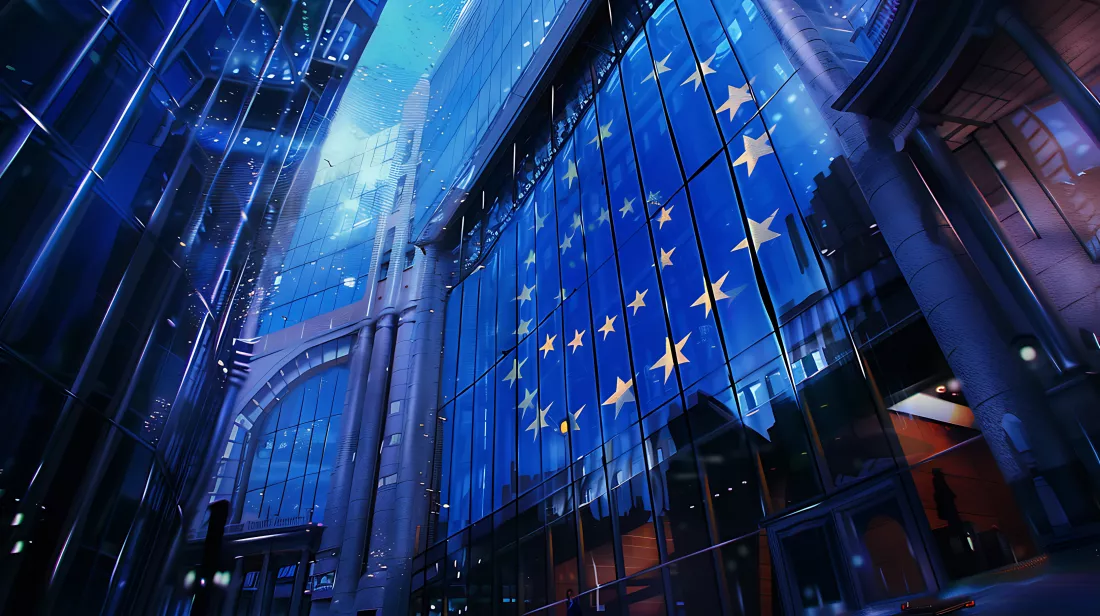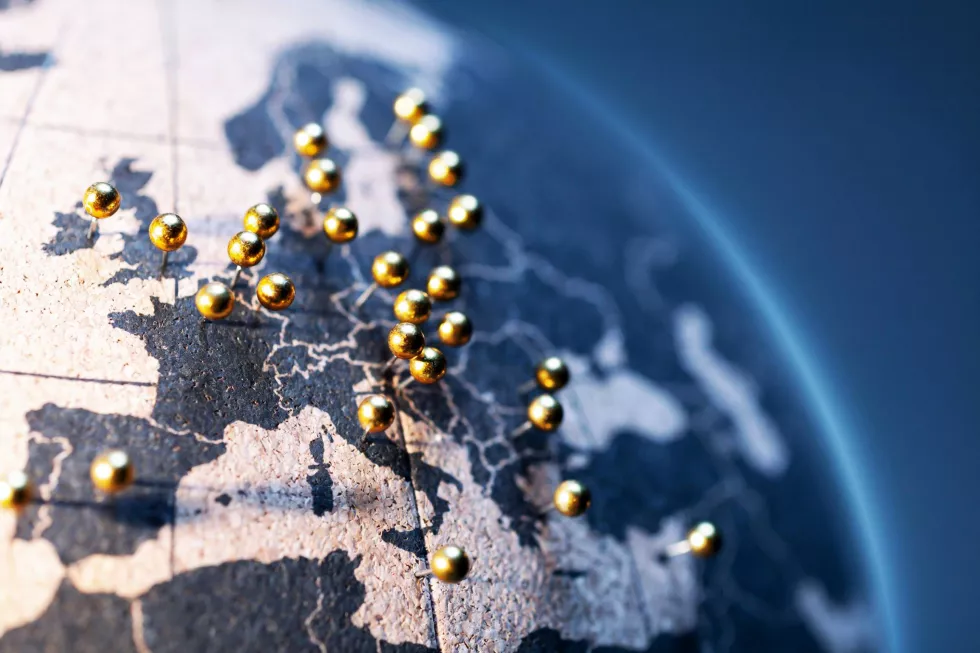Business
Business is the activity of making one's living or making money by producing or buying and selling goods or services. Simply put, it is "any activity or enterprise entered into for profit. It does not mean it is a company, a corporation, partnership, or have any such formal organization, but it can range from a street peddler to General Motors." The term is also often used colloquially (but not by lawyers or public officials) to refer to a company, but this article will not deal with that sense of the word.
International
International mostly means something (a company, language, or organization) involving more than a single country. The term international as a word means involvement of, interaction between or encompassing more than one nation, or generally beyond national boundaries. For example, international law, which is applied by more than one country and usually everywhere on Earth, and international language which is a language spoken by residents of more than one country.
International Trade
International trade is the exchange of capital, goods, and services across international borders or territories. In most countries, such trade represents a significant share of gross domestic product (GDP). While international trade has existed throughout history (for example Uttarapatha, Silk Road, Amber Road, scramble for Africa, Atlantic slave trade, salt roads), its economic, social, and political importance has been on the rise in recent centuries.
Market
Market (economics)
Trade
Trade involves the transfer of goods or services from one person or entity to another, often in exchange for money. A system or network that allows trade is called a market.
Market
In and of itself, the market is not, and must not become, the place where the strong subdue the weak.
Pope Benedict XVI, Encyclical Letter Caritas in Veritate (29 June 2009), Chapter 36
Market
Faith in natural order and market efficiency forecloses a full normative assessment of market outcomes. ... It effectively depoliticizes the market itself and its outcomes. It is only when the illusion of natural order is lifted that a real problem arises: that of the justice of the organizational rules and their distributional consequences.
Bernard Harcourt, The Illusion of Free Markets: Punishment and the Myth of Natural Order (2011), p. 32
Trade
Trade is the mother of money.
Thomas Draxe (1633), reported in George Latimer Apperson, English proverbs and proverbial phrases: a historical dictionary (1929), p. 643.




